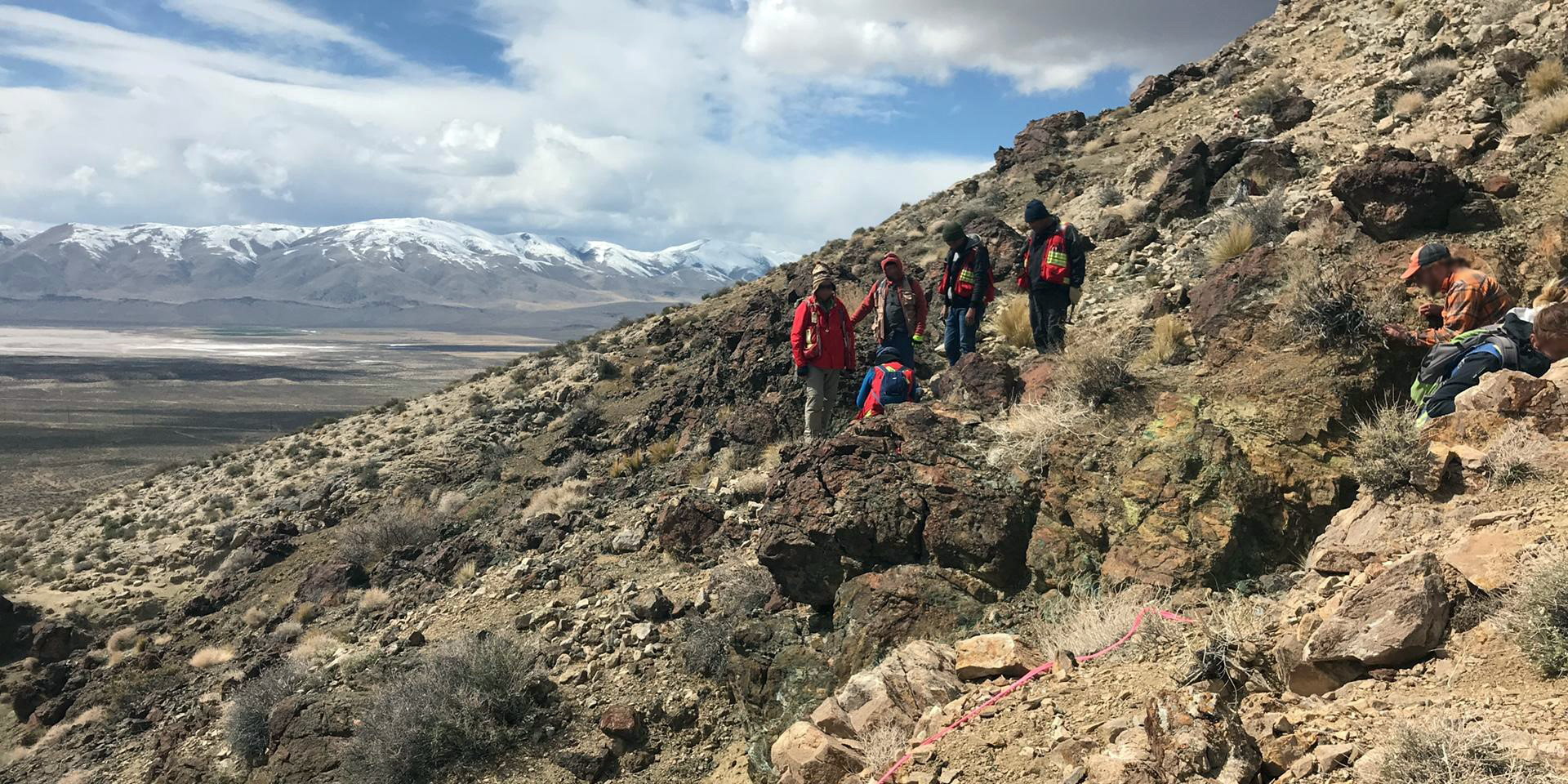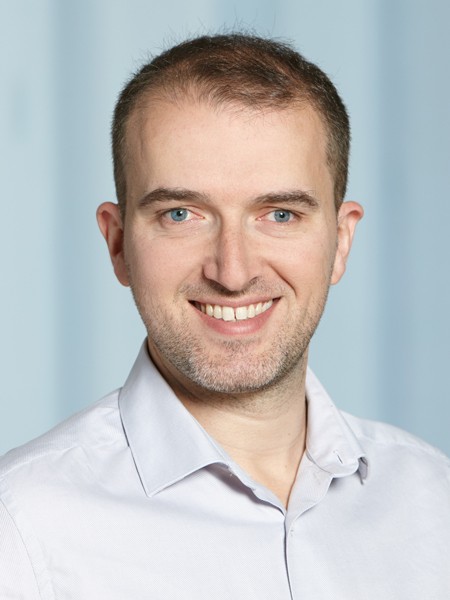Mineral system analysis
Most mineral and energy resources form in response to transport of heat and mass by fluids flowing through the Earth's crust. Our research is primarily focused on uncovering what controls the formation and the size (i.e. metal content) of mineral deposits, and quantifying the relative roles of crustal inheritance (compositional and structural) and active geological processes (tectonic, magmatic, metamorphic, hydrothermal, etc.) during the formation of these deposits.

Our approach recognises that mineral deposits are only small parts of transcrustal mineral systems within which a range of geological processes that have conspire to accumulate millions of tons of scarce metals into a restricted volume of the Earth’s crust. We deploy a cross-disciplinary approach where data and concepts embracing a broad range of fields need to be put together to unravel the types of interactions between magmatism, hydrothermal activity, mineralisation and tectonic processes. This system-oriented research is located at the crossroad of field geology, economic geology, geochronology, igneous and experimental petrology, geochemistry, tectonics, geothermal research, and numerical modelling.
Ultimately, our goal is to generate new exploration tools based on measurable rock and terrane properties to aid the search for the biggest deposits and for the best endowed regions of the Earth crust. This will be a basis for reducing the economic risks in localising more deeply located resources – which are more difficult to find but commonly more environment-friendly to mine.
Contact
Inst. für Geochemie und Petrologie
Clausiusstrasse 25
8092
Zürich
Switzerland
